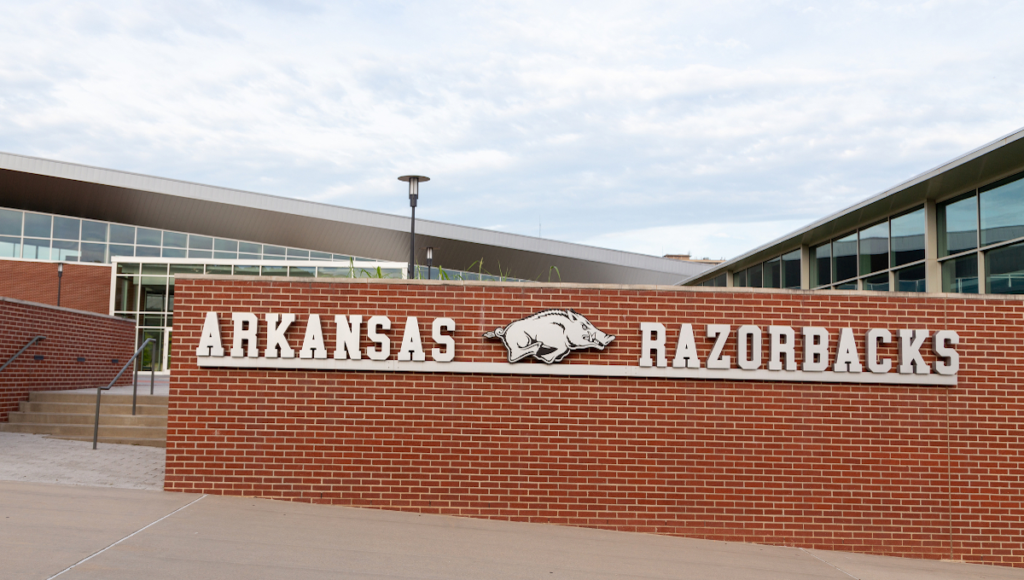
In a recent update, the Arkansas Department of Health has informed officials at the University of Arkansas that the E. coli outbreak, which has affected the community in recent weeks, seems to be on the decline.
According to the latest information, no new cases have been reported since August 25, marking a potentially positive turn in the situation. As of Thursday this week, there had been a total of 42 patients identified in connection with the outbreak, with four individuals requiring hospitalization. As of the most recent update, two patients remain hospitalized as of Friday.
The specific locations of the affected individuals have not been disclosed, but the health department has emphasized that it has found no reason to believe that the outbreak is linked to the university’s public dining facilities. Some of the patients are reported to be residents of sorority houses.
During their investigation, the state health department conducted surveys involving approximately 3,200 individuals. Among these, 37 cases were classified as probable based on reported E. coli symptoms, while five cases have been confirmed through positive tests. It is worth noting that the number of impacted individuals may change as the investigation progresses.
Originally, the estimates of the number of individuals potentially affected were higher, but further sorting has been conducted to distinguish between those with true E. coli symptoms and those with similar but unrelated health issues.
State investigators are actively searching for the source of the bacteria while awaiting laboratory results. The outbreak is believed to have begun approximately two weeks ago.
In response to the outbreak, the university has implemented increased surface cleaning and sanitization protocols to help reduce the potential for further spread.
About E. Coli Infections
Individuals, especially University of Arkansas students residing in sorority or fraternity houses, who exhibit symptoms of E. coli infection are advised to seek immediate medical attention and inform their healthcare provider about possible exposure to the bacteria. Specific tests are necessary to diagnose these infections, as symptoms may resemble those of other illnesses.
E. coli infection symptoms can vary from person to person but often include severe stomach cramps and bloody diarrhea, with some patients experiencing fever. While most patients recover within five to seven days, some may develop severe or life-threatening complications.
Between 5 to 10 percent of E. coli infection cases may progress to hemolytic uremic syndrome (HUS), a potentially life-threatening kidney failure condition. HUS symptoms include fever, abdominal pain, fatigue, reduced urination frequency, unexplained bruises or bleeding, and pallor.
While many individuals with HUS recover within a few weeks, some may suffer permanent injuries or fatalities. HUS can affect people of any age but is more common in young children, older adults, and individuals with compromised immune systems.
Anyone experiencing HUS symptoms should seek emergency medical care promptly, as hospitalization may be necessary due to the risk of additional serious complications, including hypertension, chronic kidney disease, brain damage, and neurological problems.
The situation is ongoing, and further updates will be provided as more information becomes available. Community members are encouraged to follow recommended hygiene and safety measures to minimize the risk of infection.
Source: https://health.uark.edu/ecoli.php#:~:text=The%20E.,of%20more%20than%203%2C200%20surveyed.